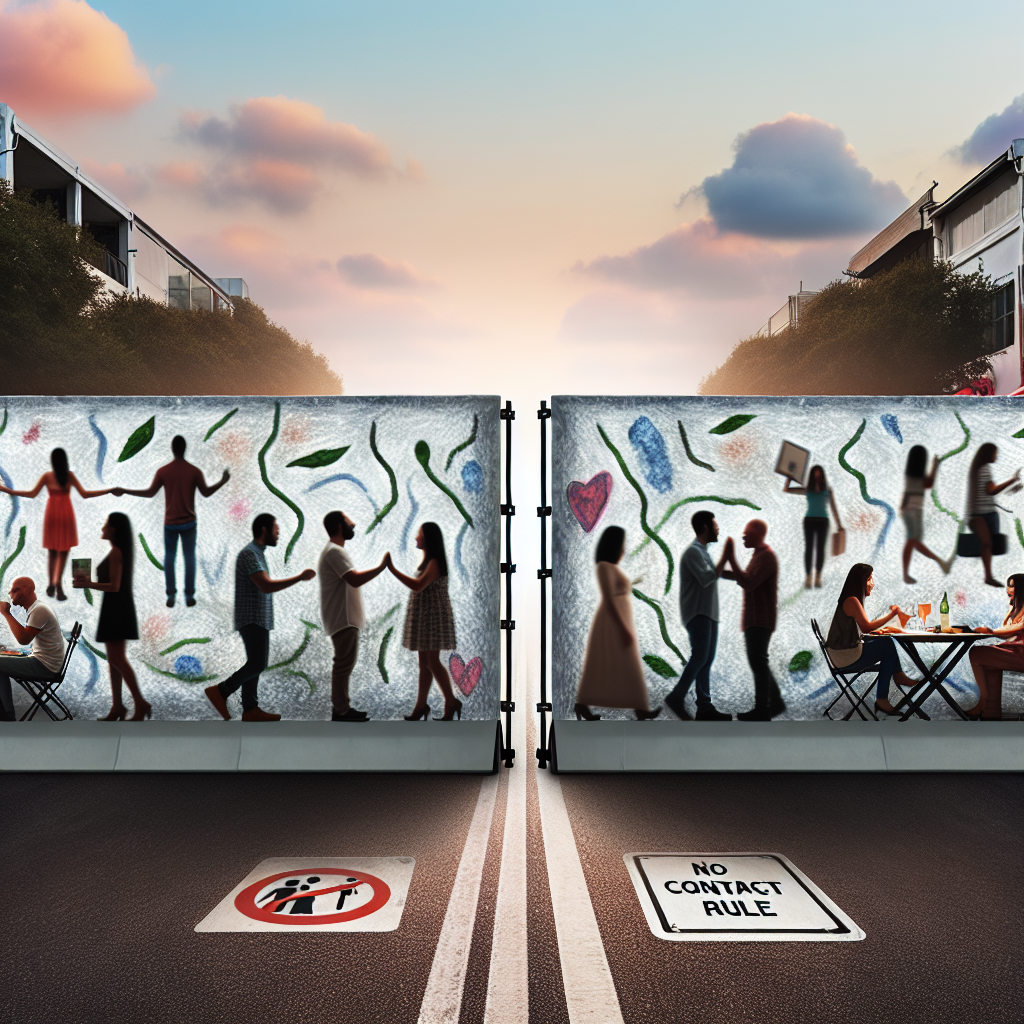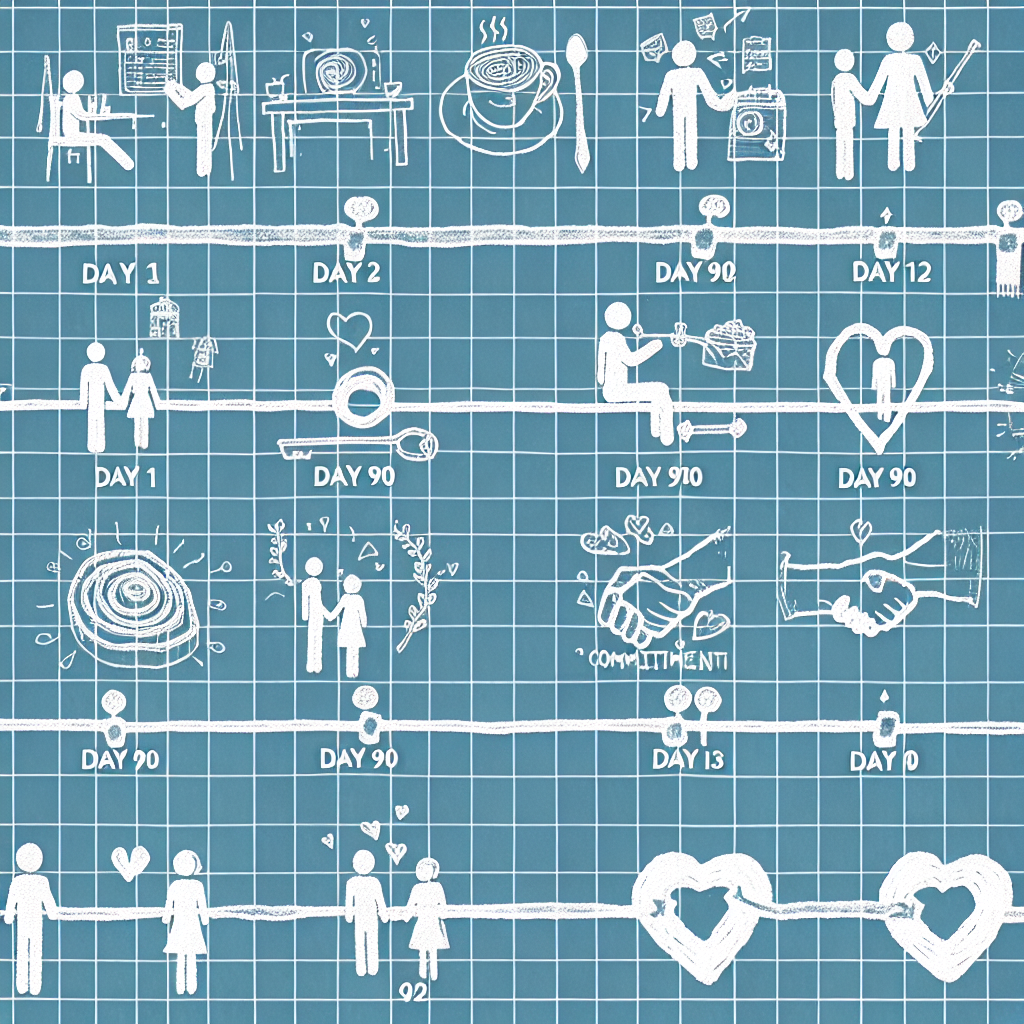The Partnership Mindset – Shifting from “What Can I Get?” to “What Can We Build?”
Introduction
In today’s fast-paced, swipe-driven culture, dating has often become transactional — a game of benefits, quick thrills, and emotional convenience. It’s easy for singles, from their early 20s to well into their 80s, to fall into the mindset of evaluating potential partners based on **“What can I get from this relationship?”**. Whether it’s **emotional validation**, **financial stability**, **sexual satisfaction**, or **social status**, the focus tends to remain centered around individual gain. However, this approach often results in shallow, short-lived connections that leave both parties unsatisfied and emotionally burned out.
Enter the **Partnership Mindset**: a refreshing, purpose-driven approach to dating that redefines the very foundation of romantic relationships. Instead of emphasizing personal gain, the **partnership mindset** encourages singles to shift their focus to **collaboration** — from “me” to “we.” It’s about asking, **“What can we build together?”** rather than “What’s in it for me?” This mindset prioritizes **mutual growth**, **emotional attunement**, shared purpose, and forward-thinking compatibility.
This shift is particularly valuable for singles at any stage in life. Young adults can develop **healthier attachment styles** and **emotional intelligence** by embracing partnerships grounded in mutual respect and shared goals. On the other hand, older adults — whether re-entering the dating world after a divorce or widowhood — benefit from seeking connections based on **emotional maturity**, **companionship**, and shared values rather than superficial compatibility.
Why is this shift so vital in today’s dating culture? Because **sustainable relationships** don’t just “happen” — they’re **intentionally built**. A partnership-centered mindset enables couples to weather life’s challenges, celebrate each other’s wins, and grow together, not apart. Instead of jumping from one fleeting relationship to another, daters invest in cultivating a **meaningful narrative** with someone whose values and vision align with theirs.
Ultimately, the Partnership Mindset fosters not just **romantic success**, but also **emotional fulfillment**, **resilience**, and **long-term stability**. Whether you’re 21 and exploring your first serious connection, or 75 and seeking love again, refocusing your dating compass towards building instead of getting can redefine the entire dating experience — making it richer, more authentic, and undeniably more rewarding.
Features and Studies: The Psychology and Science Behind Relationship Building
Shifting to a **partnership mindset** aligns with several psychological and relationship-based research findings, revealing how **deeper connections** and **mutual goals** contribute to longer, healthier relationships.
The work of Dr. John Gottman, a renowned clinical psychologist and researcher, provides a powerful foundation for this concept. Through decades of research at The Gottman Institute, he found that couples who maintained strong **emotional bank accounts** by investing daily in each other’s well-being developed significantly more resilient and lasting partnerships. His research underscores the importance of **intentionality**, **shared meaning**, and **collaborative life-building**, which are all pillars of a partnership approach.
From a neurological perspective, a 2013 study published in Psychological Science, conducted by Aron et al., found that couples engaging in **shared activities and common goals** reported increased relationship satisfaction and stronger emotional bonds. Whether it’s planning a trip, supporting each other’s careers, or tackling joint financial goals, these collaborative efforts create a sense of **shared purpose**, which reinforces both the emotional and cognitive layers of intimacy.
**Attachment theory**, pioneered by John Bowlby and further developed by Dr. Sue Johnson, adds another scientific dimension. Johnson’s work in Emotionally Focused Therapy (EFT) shows that secure attachment bonds rooted in **trust**, **emotional responsiveness**, and **shared goals** directly lead to better emotional regulation and mental well-being. EFT emphasizes that emotionally tuned-in partnerships are more equipped to handle conflicts and deepen connection over time.
Additionally, the renowned Harvard Study of Adult Development — one of the longest ongoing studies of adult happiness — discovered that **close relationships**, not wealth or status, are key to long-term happiness. What matters most is not just being in a relationship but the **quality of connection and mutual life-building** shared between partners.
Together, these studies underline that successful relationships are formed when both individuals invest in building something meaningful — not extracting personal benefits. The **partnership mindset** is not just an idealistic concept — it is **scientifically validated and psychologically sound**.
Conclusion
Transitioning from a **“What can I get?”** dating perspective to a **“What can we build?”** mindset is a transformational shift that redefines how we view **love**, **connection**, and **purpose**. Whether you’re new to dating or returning after major life changes, embracing the **partnership approach** leads to stronger, more meaningful, emotionally rewarding relationships. Love isn’t just about what someone adds to your life — it’s about what you can co-create to make a lasting, deeply fulfilling journey together.
Concise Summary
The Partnership Mindset offers a transformative approach to dating by shifting the focus from individual gain to mutual creation. Instead of asking, “What can I get?” this model encourages, “What can we build together?” Backed by research in attachment theory, relationship psychology, and neuroscience, it shows that shared goals, emotional investment, and trust lead to deeper, long-lasting connections. Ideal for singles of any age, the partnership mindset empowers people to form resilient, purpose-driven relationships that promote both romantic satisfaction and overall life fulfillment.
References
– The Gottman Institute – The Seven Principles That Make Marriage Work
– Harvard Gazette – Over nearly 80 years, Harvard study has been showing how to live a happy life
– Psychological Science – Aron Study on Shared Activities in Couples

Dominic E. is a passionate filmmaker navigating the exciting intersection of art and science. By day, he delves into the complexities of the human body as a full-time medical writer, meticulously translating intricate medical concepts into accessible and engaging narratives. By night, he explores the boundless realm of cinematic storytelling, crafting narratives that evoke emotion and challenge perspectives. Film Student and Full-time Medical Writer for ContentVendor.com




